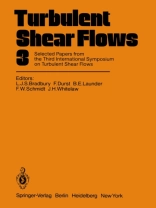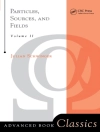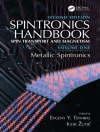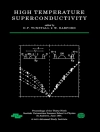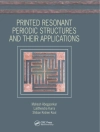In spite of intensive efforts over many decades, the problem of turbulence remains as challenging as ever and the number of papers, books and conferences on this topic con- tinues to grow. As experimental techniques and computing power have developed, the breadth of investigations into the structure and development of turbulent flows has in- creased to encompass many diverse fields of application in engineering, physics, biolo- gy and so on. As a consequence, it is now very difficult for a single research worker to keep in touch with the many developments that are taking place in turbulence. One of the few opportunities for obtaining some overall view of the subject arises from large international symposia on turbulence and, although they have some drawbacks, it is this opportunity that is one of their main merits. The International Symposium on Turbulent Shear Flows has now been held on three occasions and they seem to be established as a major opportunity for papers on a very diverse range of topics to be presented at a single meeting. This volume is a collec- tion of papers from the third symposium that was held at the University of California, Davis from 9-11 September 1981. The papers are divided into four sections entitled Wall Flows, Scalar Transport, Recirculating Flows and Fundamentals. This collection represents about a third of the total number of papers presented.
L.J.S. Bradbury & F. Durst
Turbulent Shear Flows 3 [PDF ebook]
Selected Papers from the Third International Symposium on Turbulent Shear Flows, The University of California, Davis, September 9-11, 1981
Turbulent Shear Flows 3 [PDF ebook]
Selected Papers from the Third International Symposium on Turbulent Shear Flows, The University of California, Davis, September 9-11, 1981
Dieses Ebook kaufen – und ein weitere GRATIS erhalten!
Sprache Englisch ● Format PDF ● ISBN 9783642954108 ● Herausgeber L.J.S. Bradbury & F. Durst ● Verlag Springer Berlin Heidelberg ● Erscheinungsjahr 2012 ● herunterladbar 3 mal ● Währung EUR ● ID 6338280 ● Kopierschutz Adobe DRM
erfordert DRM-fähige Lesetechnologie
